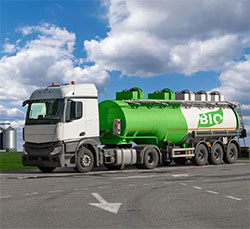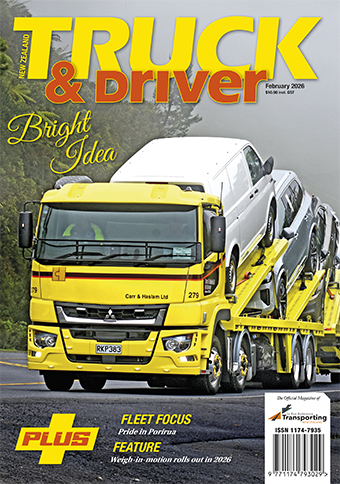
Australia Bets Big on a Greener Future with $1.1 Billion Investment in Low-Carbon Fuels
Posted: 25-Sep-2025 |
The Australian Federal Government has announced a landmark $1.1 billion investment aimed at positioning the nation as a global leader in sustainable fuels. The unprecedented package is designed to accelerate the production and supply of low-carbon liquid fuels, a critical step toward decarbonizing key sectors like heavy transport, aviation, and mining.
At the core of the initiative is a new 10-year Cleaner Fuels Program, intended to attract significant investment into domestic fuel production. This program complements existing government efforts, including the Sustainable Aviation Fuel Funding Initiative and the Future Made in Australia Innovation Fund.
Acting Minister for Infrastructure and Transport, Murray Watt, stated that the goal is to see the first production of "drop-in" cleaner fuels—which can be used in today's engines without modification—by 2029. "As demand for air travel grows, and more goods are moved by road and rail, it’s essential we invest in future fuels that allow us to facilitate this increasing demand while meeting our net-zero targets," Watt said.
The announcement has been met with enthusiasm from industry stakeholders. The Low Carbon Fuels Alliance of Australia and New Zealand (LCFAANZ), representing over 300 organizations, hailed the investment as a ground-breaking move that will turbo-charge the emerging sector. The alliance believes Australia is uniquely positioned for success due to its abundant renewable feedstocks, established refining capabilities, and a strong agricultural base.
This investment addresses long-standing concerns about Australia's fuel security. A report from Bioenergy Australia previously warned that the nation's heavy reliance on imported fuel and declining domestic refining capacity created significant vulnerability to global supply shocks. The report projected that even with a strong push for electrification, Australia would still require approximately 30 billion litres of liquid fuel by 2050, making options like renewable diesel and sustainable aviation fuel (SAF) essential for meeting emissions targets.
Shahana McKenzie, founder of the LCFAANZ, described the funding as a "game-changer" and a "turning point" for the industry. "It sends a clear signal to global investors that Australia is open for business in the development and deployment of low-carbon fuels," McKenzie stated. "It gives companies the confidence to invest, innovate and build here in Australia, using our enormous feedstock potential to build a clean energy future".
The economic and environmental potential is substantial. According to a CSIRO report, by 2025 Australia could have sufficient feedstock to replace 60% of its jet fuel with SAF, with that figure rising to 90% by 2050. The development of this new industry is expected to create jobs, particularly in regional Australia, while strengthening national energy security. Some companies are already embracing these alternatives; for example, all Volvo and Mack trucks built at the Wacol factory are now filled with Hydro Treated Vegetable Oil (HVO) instead of traditional diesel.
The government plans to hold public consultations this financial year to finalize the eligibility details for the new production-linked incentives, which will be awarded through a competitive process.



 + EQUIPMENT GUIDE - FREE
+ EQUIPMENT GUIDE - FREE
